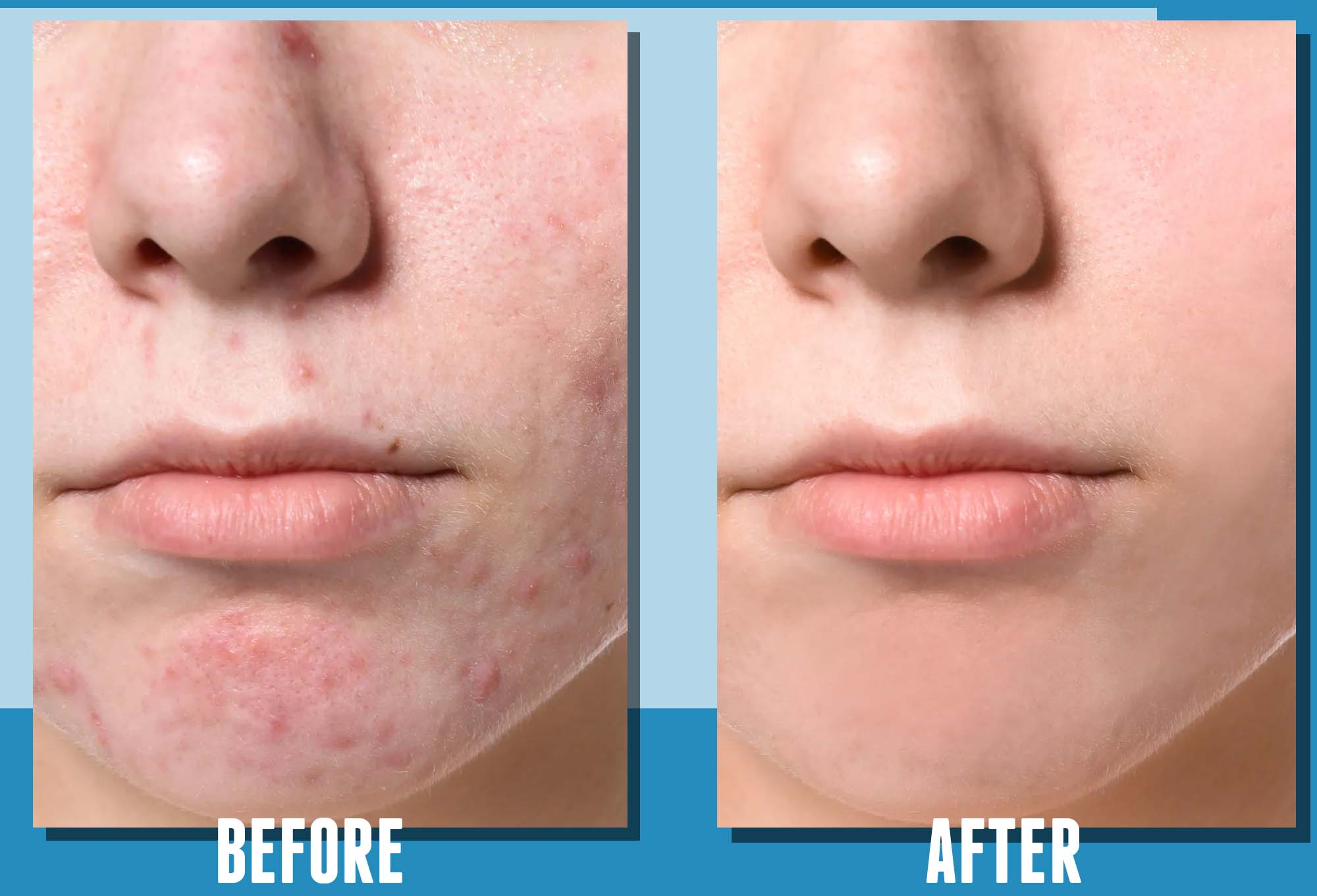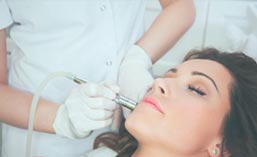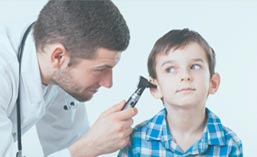
Acne vulgaris is the medical term for common acne, the kind seen in many teenagers. Acne can present itself on the skin in a number of ways and may appear quiet differently from individual to individual. Most patients experience an increase in oil-sebum secretion, which makes the skin appear more oily or greasy, and present a variety of types of pimples, including blackheads, whiteheads, and pinheads. In some cases, these pimples may become quite large and inflamed. Acne can leave permanent scars on the skin, especially in cases of more severe acne. Acne can also cause psychological and social problems, as sufferers may feel self-conscious or ashamed about their appearance. In order to prevent scarring and to eliminate the acne problem as quickly as possible, you should consult with a qualified dermatologist. While acne is common, there is no need to suffer from it.
Acne occurs when skin pores, or hair follicles, become clogged with excess oil, dead skin cells, and/or bacteria. Hormones are known to affect the skin and are associated with the development of acne. For this reason, we often see acne triggered by changes in hormonal levels that occur during puberty, menstruation, and pregnancy. There are other factors that contribute to acne and its severity, including genetics, skin type, and exposure to bacteria that causes acne. Additionally, it is thought that certain skin care products and dietary elements may promote acne in some patients. Our doctor will work with you to determine the cause of your acne so that the condition can be treated effectively.


